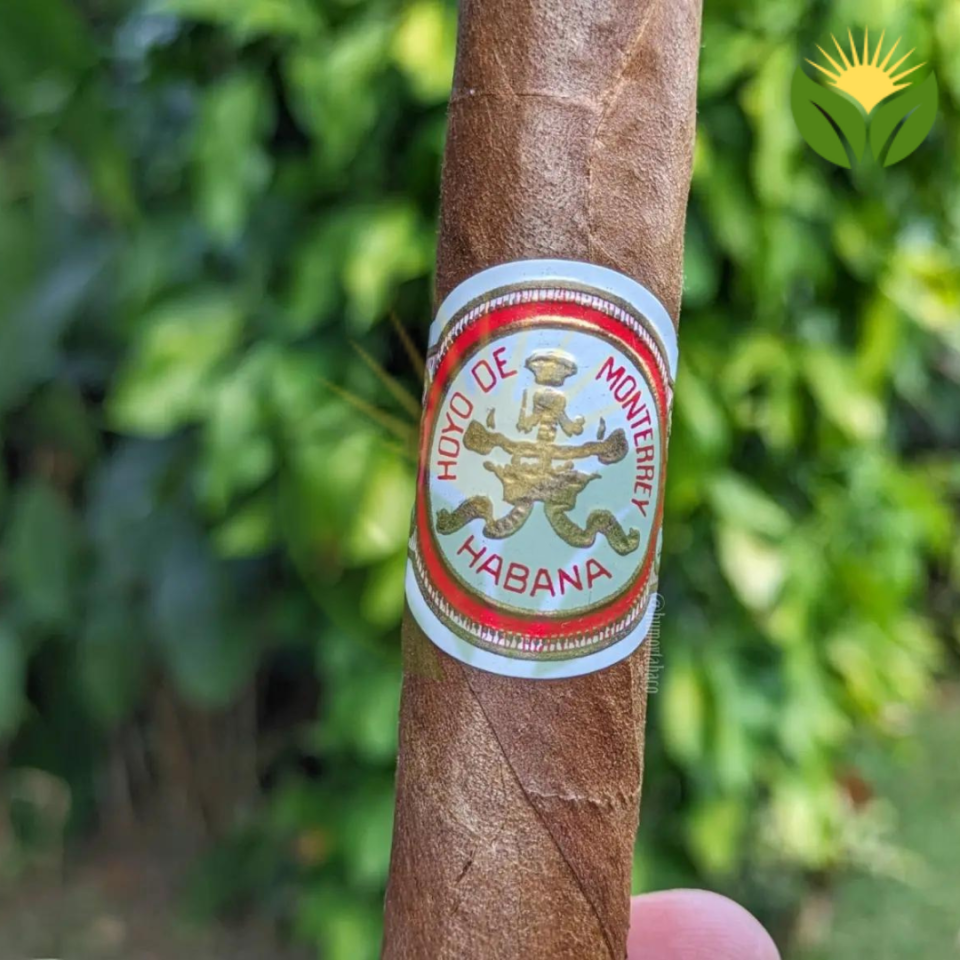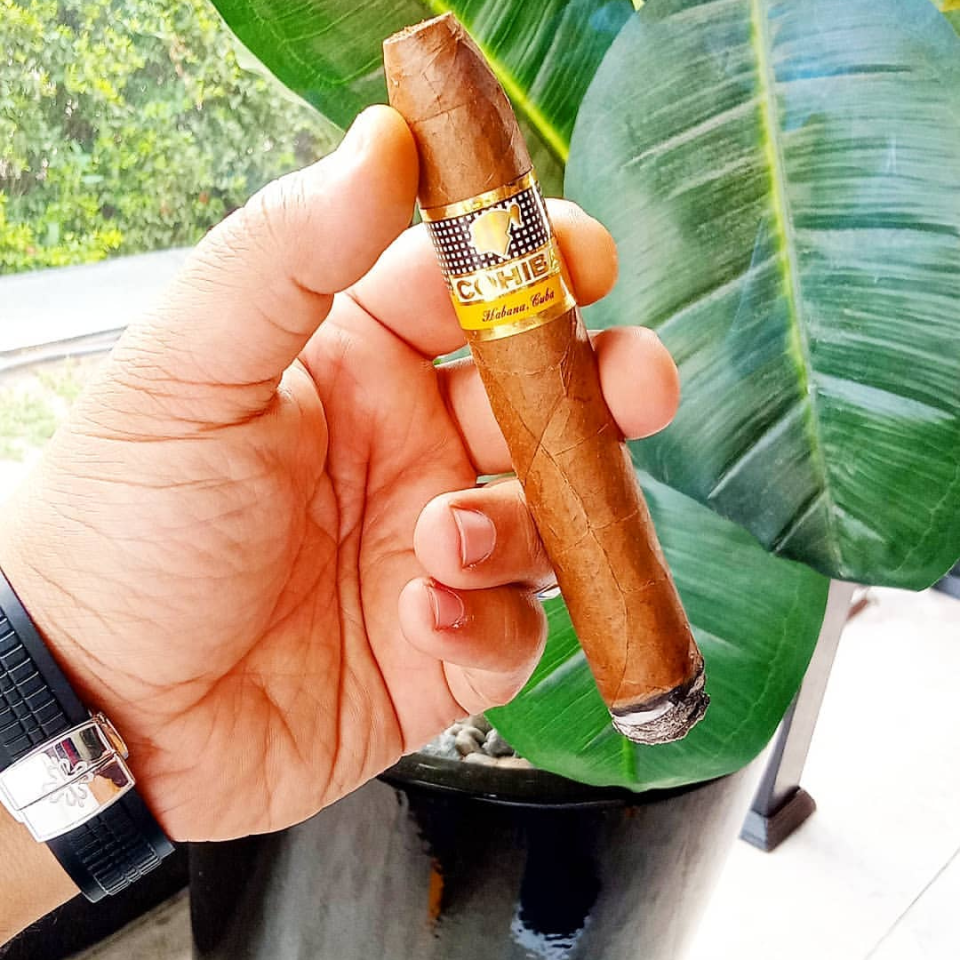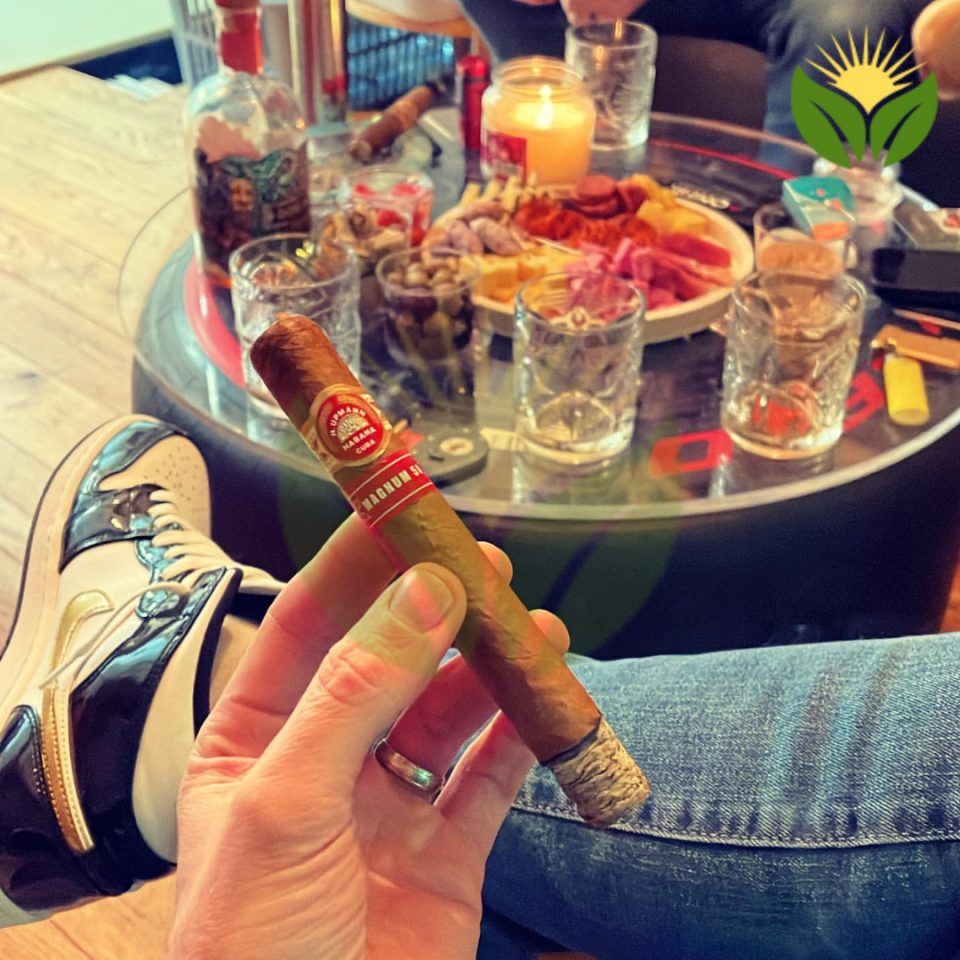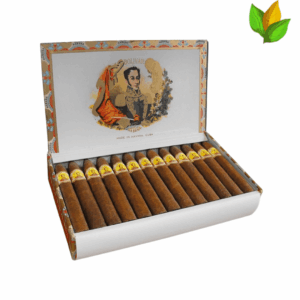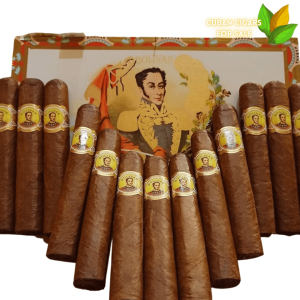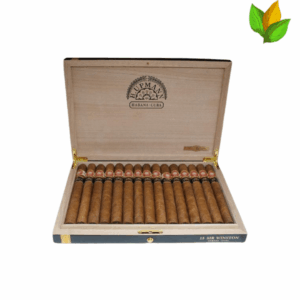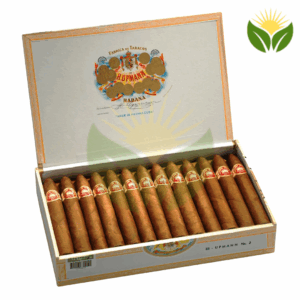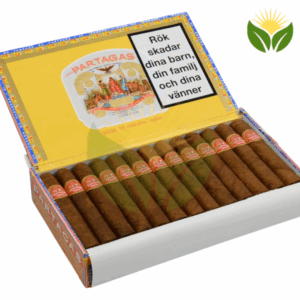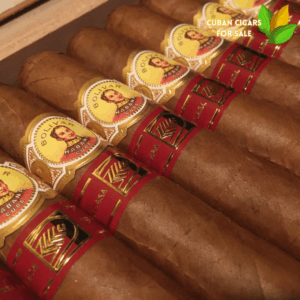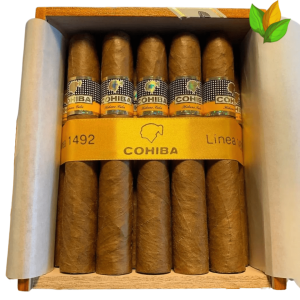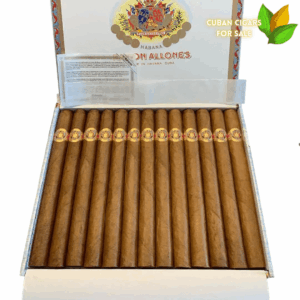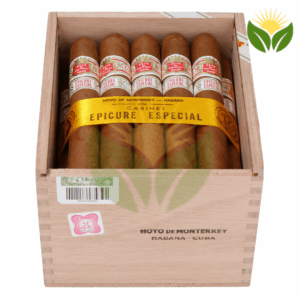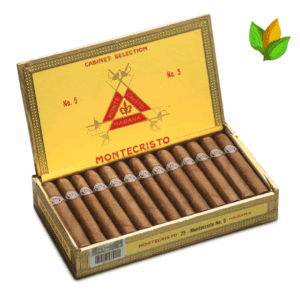The Visionaries Who Built Cuba's Cigar Industry
Welcome to our comprehensive guide about Visionaries Who Built Cuba's cigars. In this article, we’ll explore everything you need to know about Visionaries Who Built Cuba's cigars, from selection and storage to appreciation and enjoyment. Whether you’re a seasoned aficionado or new to the world of Visionaries Who Built Cuba's cigars, this guide provides valuable insights and expert knowledge.
Table of Contents
- Introduction to Visionaries Who Built Cuba's cigars
- History and Heritage
- How to Select Visionaries Who Built Cuba's cigars
- Storage and Aging
- Enjoying Your Visionaries Who Built Cuba's cigars
- Frequently Asked Questions
Cuba, known for its rich cultural heritage, is also renowned for its world-famous cigar industry that owes its origins to a select group of visionaries. These trailblazers were instrumental in shaping Cuba into the cigar capital of the world. From cultivating the finest tobacco leaves to perfecting the art of cigar-making, their contributions have left an indelible mark on the industry. To investigate deeper into the history and evolution of Cuba’s cigar industry, one must explore the fascinating journeys of these visionaries. To gain a better understanding of this pivotal aspect of Cuban culture, read more about it in A Key to History.
The Pioneers of Cuban Cigars for Visionaries Who Built Cuba's cigars
Early Innovators and Their Craft
Before Cuba became synonymous with fine cigars, there were visionaries who laid the foundation for one of the most iconic industries in the world. These early innovators, such as Diego Rodriguez de Terán and Alonso Menendez, mastered the art of cultivating tobacco and crafting cigars with unparalleled expertise.
Expansion of the Industry
Any discussion on the history of Cuban cigars would be incomplete without recognizing the significant role played by pioneers in expanding the industry. In the 19th century, the demand for Cuban cigars surged, leading to the establishment of large-scale cigar factories in Havana and beyond, setting the stage for Cuba’s dominance in the global cigar market.
An exploration of the expansion of the industry reveals how these pioneers implemented innovative techniques to meet the growing demand for Cuban cigars. Seeking new markets and experimenting with different tobacco blends, they elevated Cuban cigars to the pinnacle of quality and craftsmanship, solidifying the country’s reputation as a cigar-producing powerhouse.
With a relentless commitment to perfection and a deep-rooted passion for their craft, these visionaries paved the way for the iconic Cuban cigar industry we know today.
The Golden Age of Cuban Cigars for Visionaries Who Built Cuba's cigars
Some of the most iconic moments in the history of Cuban cigars took place during what is often considered the Golden Age of the industry. According to the International Business section of the Los Angeles Times, this period was marked by unparalleled growth and success for Cuban cigar makers.
Notable Brands and Their Founders
For cigar enthusiasts and historians alike, the names of certain Cuban cigar brands and their founders evoke a sense of reverence and admiration. Brands such as Cohiba, Montecristo, and Partagás are synonymous with quality and craftsmanship. Their founders, including the legendary Don Alejandro Robaina and the visionary José Gener, played pivotal roles in shaping the Cuban cigar industry as we know it today.
International Fame and Influence
Any discussion of the Golden Age of Cuban cigars would be incomplete without acknowledging the international fame and influence that these exquisite tobacco products garnered during this period. Cuban cigars became a symbol of luxury and sophistication, sought after by connoisseurs and aficionados worldwide. The allure of a Cuban cigar extended beyond its exquisite flavor and aroma, embodying a rich cultural heritage and centuries-old tradition.
The global demand for Cuban cigars skyrocketed, leading to a thriving export market that further solidified Cuba’s reputation as the premier producer of premium cigars. This international fame and influence not only bolstered the Cuban economy but also cemented the legacy of the visionaries who built the foundations of the Cuban cigar industry.
Revolution and Resilience for Visionaries Who Built Cuba's cigars
Impact of Political Changes on Cigar Production
One of the most significant moments in Cuba’s cigar industry history was the Cuban Revolution in 1959, which led to the nationalization of the industry. The government took control of cigar production, including the famous brands and factories previously owned by private individuals. This move had a substantial impact on the industry’s structure and operations.
Adaptation and Survival of the Industry
Impactful political changes forced the Cuban cigar industry to adapt and innovate to survive. The industry faced challenges such as trade embargoes and restrictions that limited its global reach. However, through resilience and creativity, Cuban cigar makers found ways to maintain their reputation for producing some of the finest cigars in the world.
The adaptation and survival of the Cuban cigar industry also involved expanding their market beyond traditional boundaries. Cuban cigars became not just a luxury product for the elite but also a symbol of sophistication and quality for cigar enthusiasts worldwide. This strategic shift helped the industry weather the storm of political challenges and economic uncertainties.
Modern Visionaries and the Future for Visionaries Who Built Cuba's cigars
Current Trends in Cuban Cigar Making
Current trends in Cuban cigar making show a renewed commitment to traditional methods of cultivation, curing, and rolling that have been passed down for generations. Despite the challenges brought by changing global tastes and regulations, Cuban cigar makers continue to prioritize quality and authenticity in their craft. Innovations in production techniques and strict quality control measures have helped Cuban cigars maintain their esteemed reputation in the industry.
Prospects for Global Market and Innovations
Global demand for premium cigars, including Cuban cigars, continues to grow steadily. As new markets open up and consumer preferences evolve, the Cuban cigar industry faces both opportunities and challenges. To capitalize on this growth, Cuban companies are exploring innovative marketing strategies, sustainable cultivation practices, and modern distribution channels to reach a wider audience of cigar aficionados worldwide.
This shift towards embracing innovation while preserving traditional techniques will be crucial for the future success of the Cuban cigar industry in a rapidly changing global market.
Conclusion for Visionaries Who Built Cuba's cigars
From above, the visionaries who built Cuba’s cigar industry laid the foundation for a tradition that has become synonymous with luxury and craftsmanship. Names like Jose Gener, Alejandro Robaina, and Avelino Lara will forever be remembered for their contributions to this iconic industry. Through their dedication and expertise, they transformed Cuba into the cigar capital of the world, producing some of the finest cigars known to enthusiasts worldwide. Their legacy lives on in the meticulous process of cigar-making and the unrivaled quality of Cuban cigars, continuing to captivate connoisseurs and novices alike.
FAQ for Visionaries Who Built Cuba's cigars
Q: Who are the visionaries behind Cuba’s cigar industry?
A: The visionaries behind Cuba’s cigar industry include iconic figures such as Alejandro Robaina, Guillermo León, and Carlos Fuente Sr. These individuals played a crucial role in shaping the history and reputation of Cuban cigars around the world.
Q: What is the significance of Cuba’s cigar industry in the global market?
A: Cuba’s cigar industry holds a special place in the global market due to its long-standing tradition of producing some of the finest quality cigars in the world. Cuban cigars are highly sought after by aficionados for their exquisite flavors, expert craftsmanship, and rich cultural heritage.
Q: How did the visionaries contribute to the success of Cuba’s cigar industry?
A: The visionaries who built Cuba’s cigar industry made significant contributions by preserving traditional cigar-making techniques, cultivating premium tobacco crops, and establishing iconic cigar brands that have stood the test of time. Their dedication and passion have helped elevate Cuban cigars to the pinnacle of excellence in the industry.
Summary for Visionaries Who Built Cuba's cigars
This article about Visionaries Who Built Cuba's cigars explores the essential aspects that every cigar enthusiast should know. Whether you’re new to Visionaries Who Built Cuba's cigars or a seasoned aficionado, understanding these key points will enhance your appreciation of authentic Cuban cigars.
Related Premium Cuban Cigars for Visionaries Who Built Cuba's cigars
If you’re interested in Visionaries Who Built Cuba's cigars, explore these exceptional Cuban cigars from our collection:
- Montecristo Open Junior – Premium authentic Cuban cigars
- Partagas Salomones – Premium authentic Cuban cigars
- Cohiba Behike 54 – Premium authentic Cuban cigars
Learn More About Cuban Cigars for Visionaries Who Built Cuba's cigars
Expand your knowledge about Visionaries Who Built Cuba's cigars and Cuban cigar culture:
- Read expert reviews at Cigar Aficionado
- Discover cigar history on Wikipedia
- Get industry insights from Halfwheel
Shop Authentic Cuban Cigars for Visionaries Who Built Cuba's cigars
Ready to experience the excellence of Visionaries Who Built Cuba's cigars? Browse our complete collection of authentic Cuban cigars with guaranteed authenticity, optimal storage, and worldwide shipping. Whether you’re seeking specific brands mentioned in this article about Visionaries Who Built Cuba's cigars or exploring new options, we’re your trusted source for genuine Cuban cigars online.
Explore Our Premium Visionaries Who Built Cuba's cigars Collection
Ready to experience authentic Visionaries Who Built Cuba's cigars? Browse our carefully curated selection:
- Partagas Shorts – Premium authentic Cuban cigars
- Vegas Robaina Unicos – Premium authentic Cuban cigars
- Cohiba Lanceros 25 – Premium authentic Cuban cigars
- Montecristo Double Edmundo – Premium authentic Cuban cigars
- Cohiba Lanceros – Premium authentic Cuban cigars
Related Articles About Visionaries Who Built Cuba's cigars
Continue learning about Visionaries Who Built Cuba's cigars with these informative articles:
- The Correct Way to Smoke a Cigar – A Beginner's Guide
- The Different Lines and Vitolas of Romeo y Julieta Cigars
- Comparing Hoyo de Monterrey Epicure No. 2 and Double Coronas – Which is Right for You?
Expert Resources on Visionaries Who Built Cuba's cigars
Learn more about Visionaries Who Built Cuba's cigars from these authoritative sources:
- Cigar Aficionado – Expert reviews and ratings
- Wikipedia – History of Cuban cigars
- Halfwheel – Industry news and reviews
Start Your Visionaries Who Built Cuba's cigars Journey Today
Now that you’ve learned about Visionaries Who Built Cuba's cigars, it’s time to experience them yourself. Browse our complete collection of authentic Cuban cigars and discover why Visionaries Who Built Cuba's cigars are treasured by aficionados worldwide. With our guarantee of authenticity, expert curation, and worldwide shipping, your perfect Visionaries Who Built Cuba's cigars experience is just a click away.
Remember: Whether you’re new to Visionaries Who Built Cuba's cigars or a seasoned enthusiast, we’re here to help you find the perfect cigars for your taste and occasion. Don’t hesitate to explore our selection and join the ranks of satisfied customers who have made us their trusted source for authentic Visionaries Who Built Cuba's cigars.


